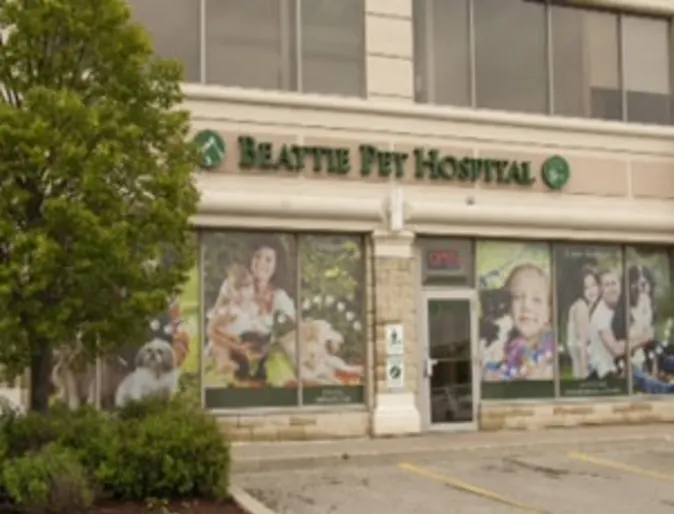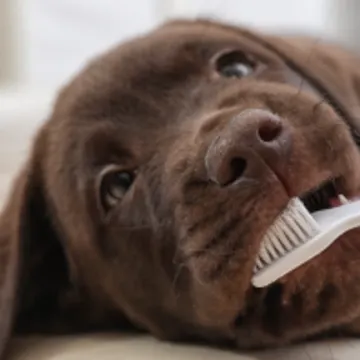Skip NavigationSkip to Primary Content

Visit Our Locations

Request an Appointment
Is your pet not feeling well? Time for those vaccines? We are happy to book an appointment for you, either by phone call or online. When booking online, please keep an eye out for your confirmation email or text.

Online Store
Can’t find what you are looking for on the shelf? Special orders can be purchased from our online store and delivered to our clinic or right to your front door. Start your online shopping today!

Your friendly, local veterinarian!
At our Ancaster location, our highly-skilled veterinarians and dedicated support staff strive to provide the best care for our clients and their pets. We are open 6 days a week to best serve the local community, with extended hours to accommodate all of our clients.





